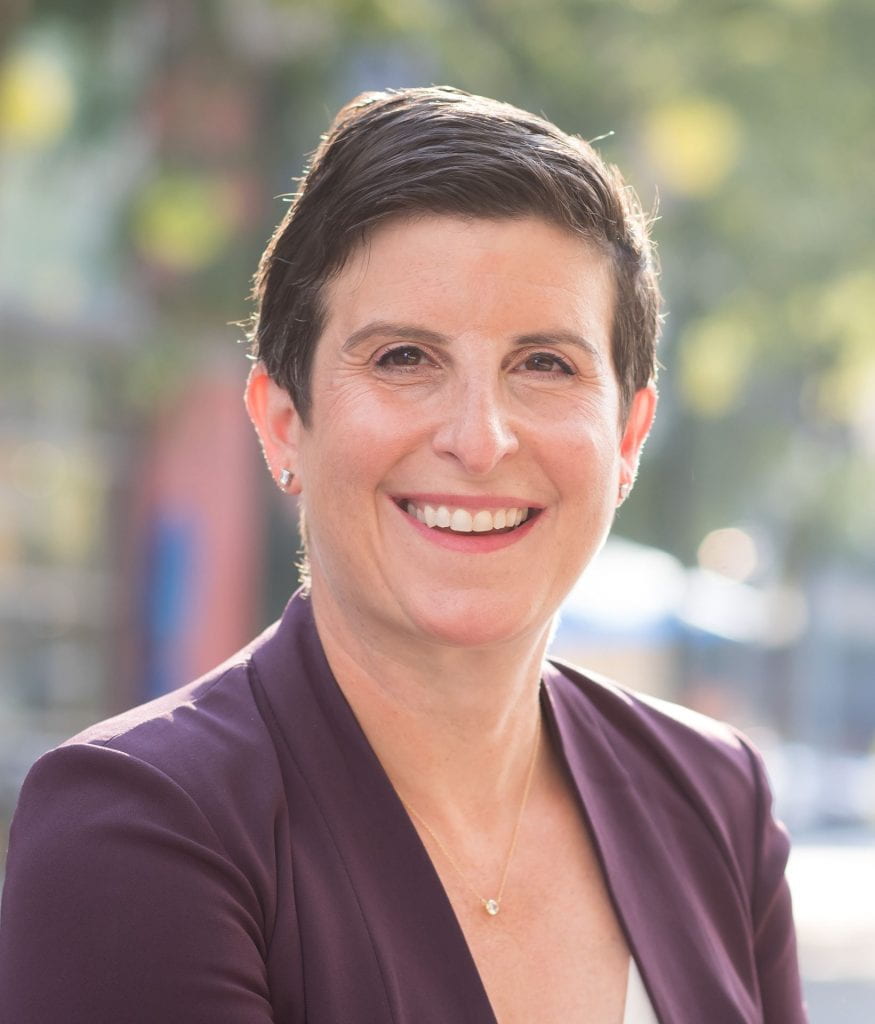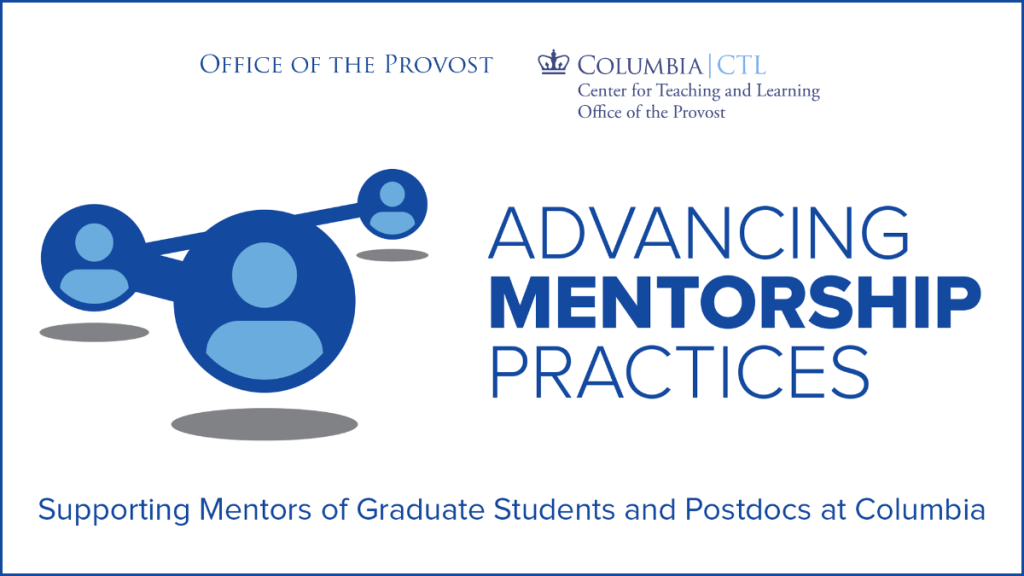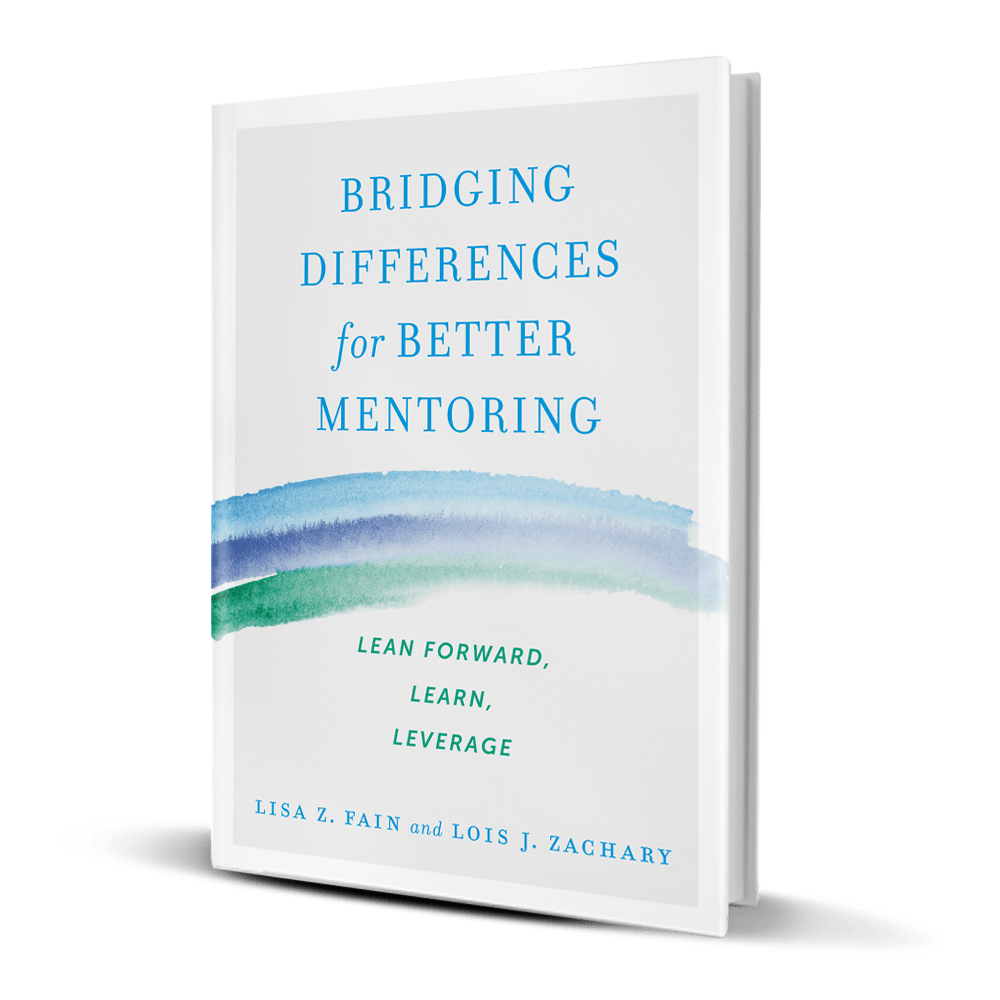This Week for Faculty: Be the best mentor! Events and tips on mentoring for learning
Register for Upcoming Mentoring Events Below!
Join us for a virtual keynote and a workshop facilitated by Lisa Fain, CEO of the Center for Mentoring Excellence:
 Keynote: Bridging Differences for Better Mentoring: Creating an Inclusive Learning Environment One Relationship at a Time
Keynote: Bridging Differences for Better Mentoring: Creating an Inclusive Learning Environment One Relationship at a Time
Wednesday, September 28, 2022
Online; 12:00pm – 1:00pm
Workshop: Bridging Differences for Better Mentoring: Inclusive Mentoring Skills
Wednesday, November 2, 2022
Online; 12:00pm – 1:30pm

Reflect On Your Mentoring Practices in Community
Join the CTL and faculty colleagues from across the University who mentor graduate students and postdocs for conversations about the book Bridging Differences for Better Mentoring: Lean Forward, Learn, Leverage (Fain and Zachary, 2020) and to reflect on and share your mentoring practices. Participating faculty will receive a copy of the book while supplies last.
Mentoring for Learning: 3 Tips
“Mentoring is a reciprocal learning relationship in which a mentor and mentee agree to a partnership, where they work collaboratively toward the achievement of mutually-defined goals that will develop the mentee’s skills, abilities, knowledge, and/or thinking.” – Lois Zachary founder of the Center for Mentoring Excellence.
Three tips for building mentoring relationships with graduate students and postdocs:
- Engage in reflection on your mentoring practices. Prepare for your mentoring relationship. Think about what you bring to the mentoring relationship and the mentoring skills you will draw on (e.g., communicating, encouraging, listening, problem solving, giving feedback, valuing difference). Check your assumptions about your mentees and be aware of your biases.
- Get to know your mentee. Recognize your mentees as whole people, and the identities they bring to the mentoring relationship. Reciprocate by sharing your authentic self, professional journey, and what you bring to the mentoring relationship. Empower your mentees to communicate their needs, progress, challenges they face, and concerns.
- Establish expectations of the mentoring relationship. Mentors and their mentees work together to establish a clear understanding of each person’s role and responsibilities. Discuss and document this through the form of a mentoring agreement outlining preferred communication methods; meeting frequency, duration, and modalities; define goals, and how you will work on the relationship and sustain it.
The CTL is Here to Help
Office Hours
Join us for office hours via Zoom (or phone) Monday-Friday, 9:00am-5:00pm to have your teaching with instructional technology questions answered.
Consultations
Schedule an in-person or virtual consultation to discuss any teaching and learning need by emailing ctlfaculty@columbia.edu or email the CTL Learning Designer assigned to your school or department.